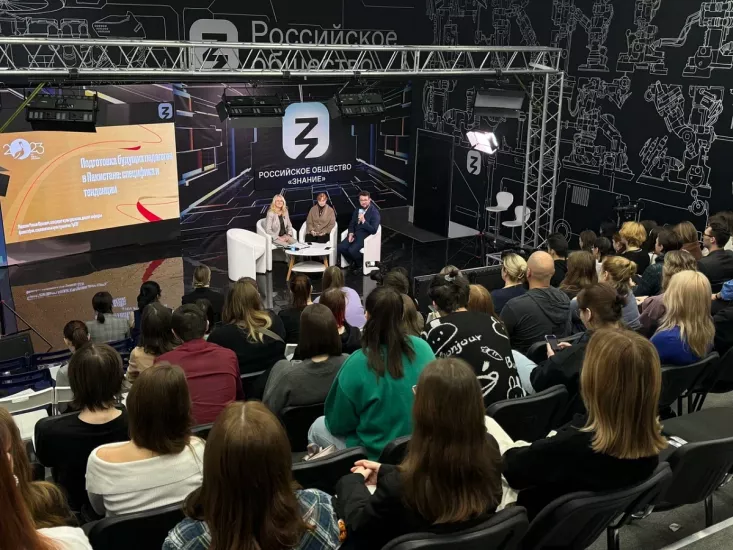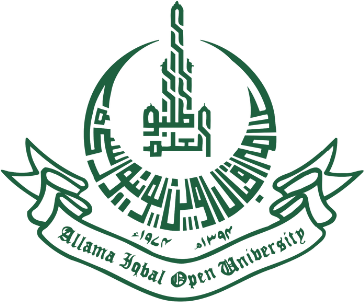Representatives of a Pakistani university took part in the International Convention (Russia-Asia: Science. Education. Culture)
From 14 to 15 of November, Ural State Pedagogical University hosted the International Convention «Russia-Asia: Science. Education. Culture». Representatives of Allama Iqbal Open University (Islamabad, Pakistan) took part in the section «Research in Educational Practices». It should be noted that the reports demonstrate the results of interim research conclusions conducted between the scientists from Ural State Pedagogical University and Allama Iqbal Open University.
Dr. Muhammad Zafar Iqbal Mir presented a report «Unlocking the Power of Russian Language: Exploring the Usability, Importance, and Motivation for Learning Russian in a Globalized World». During the report, the Pakistani colleague specified that the purpose of this research was to find out the perceptions of Pakistani citizens about the usability, importance and motivation for learning Russian. 35 people were the respondents of the survey in the form of interviewing. Most of the respondents told that Russia is one of the largest economies in the world and proficiency in Russian language can create economic opportunities, especially in sectors such as energy, technology, finance and tourism. Also as most of the participants were undergraduates or postgraduates, they appreciated its practicality in pursuing higher education in Russia. Besides they stated that learning Russian can contribute to better communication and understanding in diplomatic and political relations since Russia plays a crucial role in world politics. The colleague also noted that studying Russian would contribute to school teachers training, seminars in schools, conferences and festivals to promote Russian language and culture in Pakistan.
Dr. Jahan Ara Shams made a presentation on transforming pedagogical universities for the future and perspectives of future teachers of Russia and Pakistan». The Pakistani colleague noted that both countries have unique educational systems and face their own challenges in teacher training. A comparison of experiences in transforming teacher training universities in Russia and Pakistan can lead to valuable insights and best practices. Dr. Jahan Ara Shams presented the interim research which focused specifically on Pakistani respondents. 100 future teachers from Pakistan were the respondents of the study. The study consisted of two parts: the first part focused on demographic aspects and the second part on the future teacher education system. The second part included eight open-ended questions that were related to the reasons for entering the teaching profession, a description of the image of a professional educator, the need to include certain disciplines in the training of future educators, the benefits of teacher education itself, indicators of effective teacher performance, etc. In addition to the findings of the study itself, she made a number of suggestions that could potentially improve the training of future educators such as joint training of Pakistani and Russian students from pedagogical universities, integration of technology into the educational process, emphasis on the practical skills of future educators, building cultural sensitivity and diversity and continuing professional development.
The results of this study will include a second part which will include a survey of Russian students from pedagogical universities.
Following the reports Pakistani colleagues expressed their gratitude to the hosts of this section for the opportunity to communicate with Russian scientists and researchers and specified that Russia and Pakistan have excellent prospects for further cooperation.

